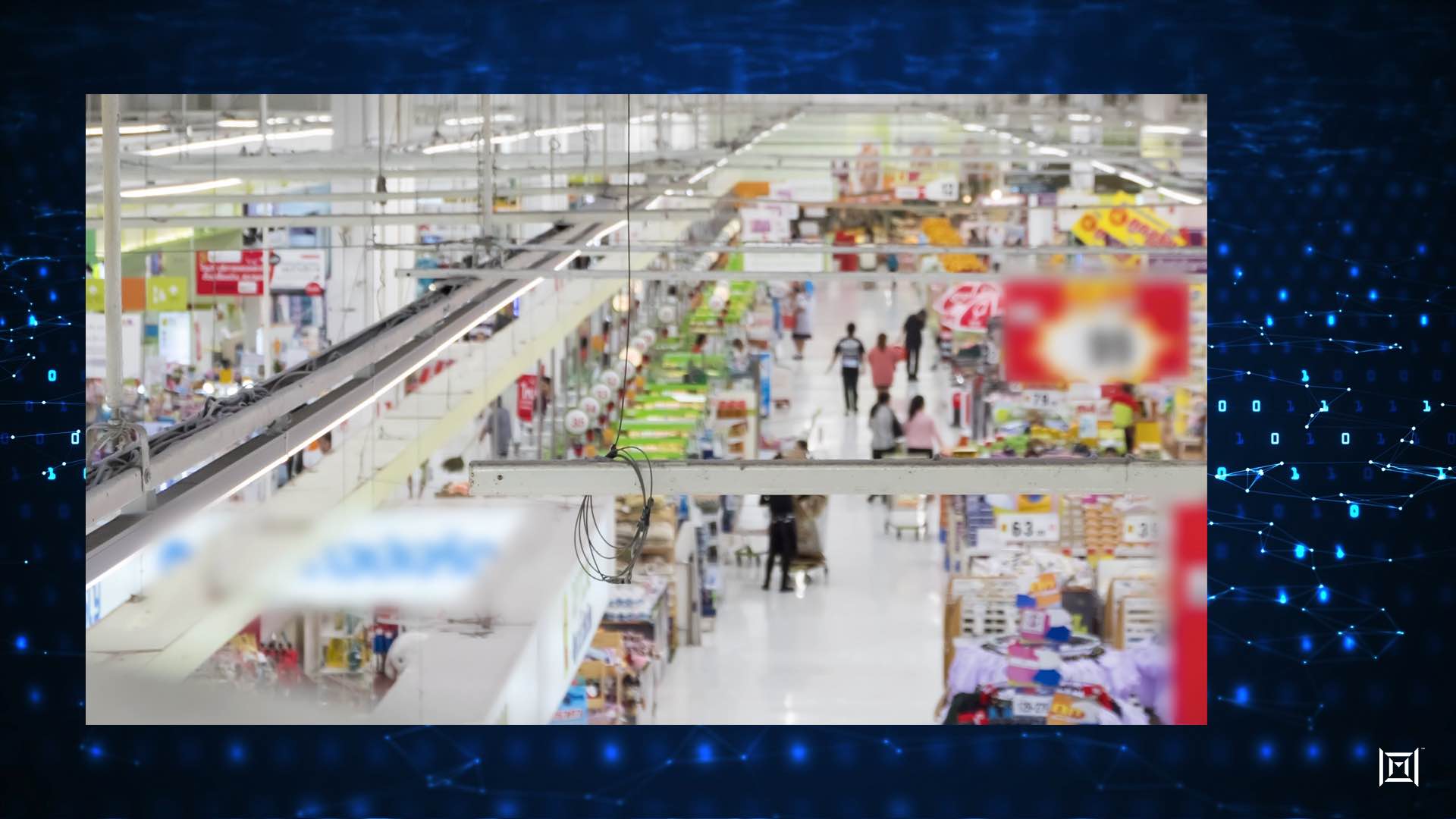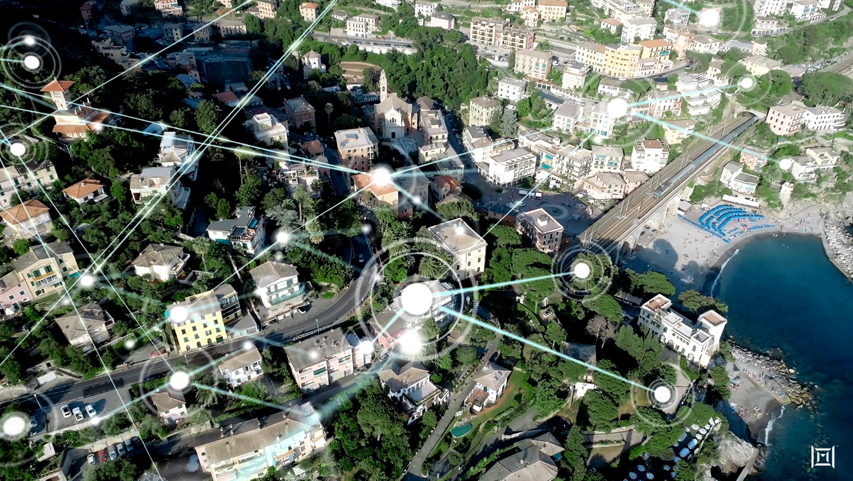- PRODUCTS
- COMPANY
- SUPPORT
- PRODUCTS
- BY TYPE
- BY MARKET
Compute
Networking
- Automotive
- Coherent DSP
- Data Center Switches
- DCI Optical Modules
- Enterprise Switches
- Ethernet Controllers
- Ethernet PHYs
- Linear Driver
- PAM DSP
- PCIe Retimers
- Transimpedance Amplifiers
Storage
Custom
- COMPANY
Our Company
Media
Contact
- SUPPORT
Posts Tagged 'Multi-Gigabit Ethernet'
-
Network Visibility in the Borderless Enterprise – White Paper
By Gidi Navon, Senior Principal Architect, Marvell
-
Living on the Network Edge: Security
By Alik Fishman, Director of Product Management, Marvell

In our series Living on the Network Edge, we have looked at the trends driving Intelligence, Performance and Telemetry to the network edge. In this installment, let’s look at the changing role of network security and the ways integrating security capabilities in network access can assist in effectively streamlining policy enforcement, protection, and remediation across the infrastructure.
Cybersecurity threats are now a daily struggle for businesses experiencing a huge increase in hacked and breached data from sources increasingly common in the workplace like mobile and IoT devices. Not only are the number of security breaches going up, they are also increasing in severity and duration, with the average lifecycle from breach to containment lasting nearly a year1 and presenting expensive operational challenges. With the digital transformation and emerging technology landscape (remote access, cloud-native models, proliferation of IoT devices, etc.) dramatically impacting networking architectures and operations, new security risks are introduced. To address this, enterprise infrastructure is on the verge of a remarkable change, elevating network intelligence, performance, visibility and security2.
-
Telemetry: Can You See the Edge?
By Suresh Ravindran, Senior Director, Software Engineering

So far in our series Living on the Network Edge, we have looked at trends driving Intelligence and Performance to the network edge. In this blog, let’s look into the need for visibility into the network.
As automation trends evolve, the number of connected devices is seeing explosive growth. IDC estimates that there will be 41.6 billion connected IoT devices generating a whopping 79.4 zettabytes of data in 20251. A significant portion of this traffic will be video flows and sensor traffic which will need to be intelligently processed for applications such as personalized user services, inventory management, intrusion prevention and load balancing across a hybrid cloud model. Networking devices will need to be equipped with the ability to intelligently manage processing resources to efficiently handle huge amounts of data flows.
-
The Need for Speed at the Edge
By George Hervey, Principal Architect, Marvell

In the previous TIPS to Living on the Edge, we looked at the trend of driving network intelligence to the edge. With the capacity enabled by the latest wireless networks, like 5G, the infrastructure will enable the development of innovative applications. These applications often employ a high-frequency activity model, for example video or sensors, where the activities are often initiated by the devices themselves generating massive amounts of data moving across the network infrastructure. Cisco’s VNI Forecast Highlights predicts that global business mobile data traffic will grow six-fold from 2017 to 2022, or at an annual growth rate of 42 percent1, requiring a performance upgrade of the network.
-
Driving Network Intelligence and Processing to the Edge
By George Hervey, Principal Architect, Marvell

The mobile phone has become such an essential part of our lives as we move towards more advanced stages of the “always on, always connected” model. Our phones provide instant access to data and communication mediums, and that access influences the decisions we make and ultimately, our behavior.
According to Cisco, global mobile networks will support more than 12 billion mobile devices and IoT connections by 2022.1 And these mobile devices will support a variety of functions. Already, our phones replace gadgets and enable services. Why carry around a wallet when your phone can provide Apple Pay, Google Pay or make an electronic payment? Who needs to carry car keys when your phone can unlock and start your car or open your garage door? Applications now also include live streaming services that enable VR/AR experiences and sharing in real time. While future services and applications seem unlimited to the imagination, they require next-generation data infrastructure to support and facilitate them.
Recent Posts
Archives
Categories
- 5G (12)
- AI (21)
- Automotive (26)
- Cloud (9)
- Coherent DSP (5)
- Company News (101)
- Custom Silicon Solutions (2)
- Data Center (44)
- Data Processing Units (22)
- Enterprise (25)
- ESG (6)
- Ethernet Adapters and Controllers (12)
- Ethernet PHYs (4)
- Ethernet Switching (36)
- Fibre Channel (10)
- Marvell Government Solutions (2)
- Networking (33)
- Optical Modules (12)
- Security (6)
- Server Connectivity (23)
- SSD Controllers (6)
- Storage (22)
- Storage Accelerators (2)
- What Makes Marvell (32)
Copyright © 2024 Marvell, All rights reserved.
- Terms of Use
- Privacy Policy
- Contact


